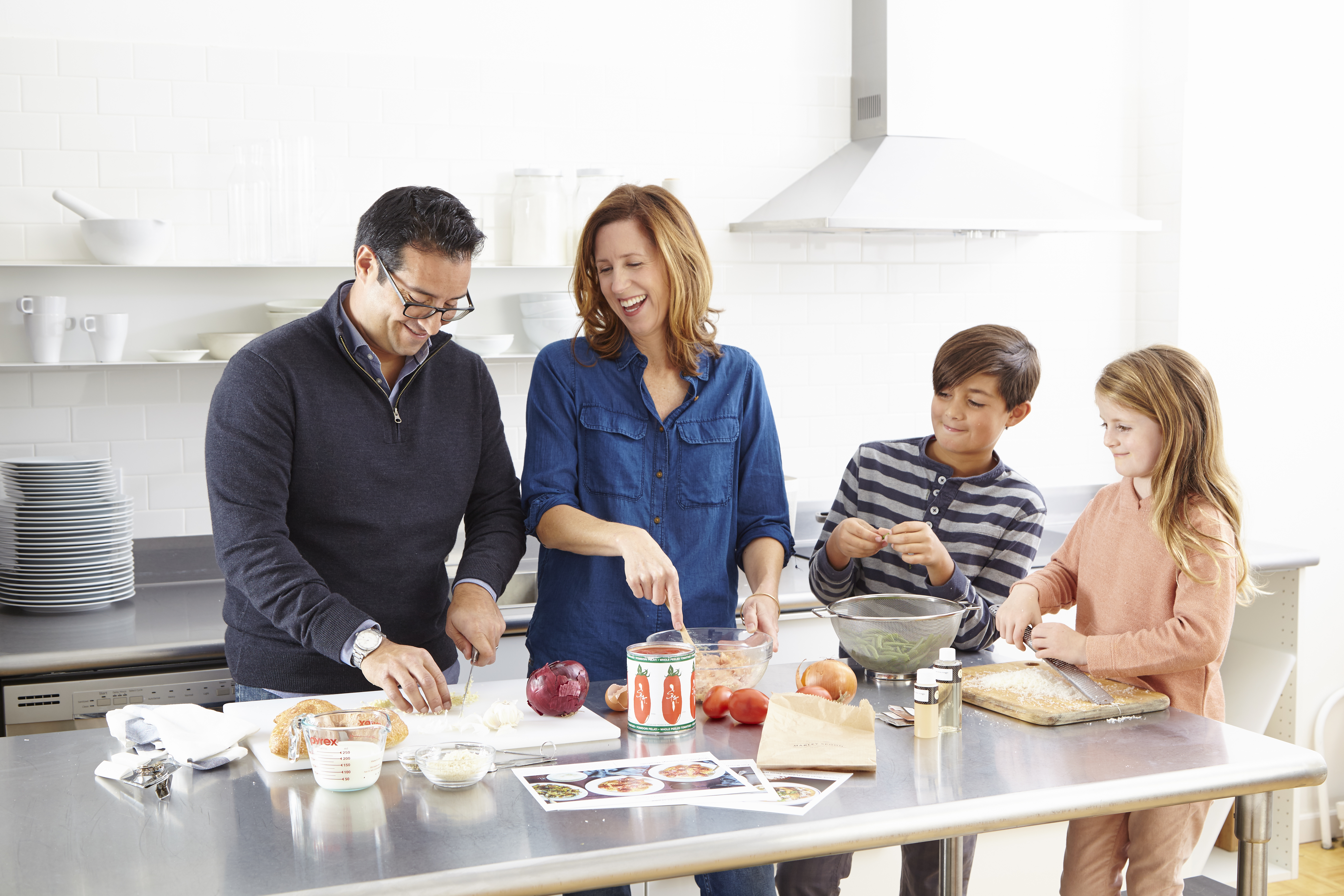“Cooking nutritious meals benefits your health, but from a wellbeing standpoint, it also fosters a family environment that has a positive mental and societal impact,” shares Julie Marchant-Houle, CEO of the global meal kit service Marley Spoon. For Julie, answering the age-old question of “what’s for dinner tonight?” is a challenge close to her heart, and she’s excited for the opportunity to empower others by providing fresh, healthy, and innovative meals.
Though Julie’s father was a chef, and she grew up cooking, as a mother she often found herself in a rut. She would default to the same meal ideas or, in instances where her hectic schedule crunched her time, turn to take out. “Unfortunately, I don’t think my story’s unique. I think it represents the truth of American society these days,” Julie reveals. Data from the USDA reflects this. In the US, restaurant or take-out meals accounted for over 50% of food spending in 2018 — double the amount it had been in 1970.
Marley Spoon hopes to reverse this trend and steer Americans back toward nutritious food choices. Julie cites the prevalence of chronic disease as one of the key reasons Marley Spoon hopes to provide a simple, healthy alternative to eating out. Poor nutrition is one of the primary risk factors for chronic disease, and almost 50% of Americans suffer from chronic disease. These diseases can cause a wealth of mental and physical consequences and are also are the leading causes of death and disability in the United States. By providing a solution Americans can leverage for quick, nutritious meals, Julie believes Marley Spoon can have a tremendous effect on the overall health and well-being of people across the country.
Julie also trusts that meal kits like Marley Spoon can help bring families together. “My husband and I cook the meal kit together. It’s fun. He’s chopping, I’m sautéing. We’re dividing up what to do. It becomes a family activity,” she admits. Serving as a unique way to spend quality time together, the meal kits enable families to team up, reconnect, and bond over the food.
There are also a number of other benefits to eating dinner as a family. The National Center On Addiction And Substance Abuse at Columbia University (CASA), for example, found that adolescents who ate with their family five to seven days per week performed better academically than those who did not. Another study at Tufts University found that family mealtime led to lower rates of depression and eating disorders.
Given the pressure and anxiety of modern life, healthy eating feels more challenging than ever. Marley Spoon, however, inspired by the myriad of benefits home-cooked meals provide, hopes to encourage and enable Americans to shift their eating habits. Whether you’re stressed, busy, or simply exhausted from eating the same meals, Marley Spoon can provide a solution.


